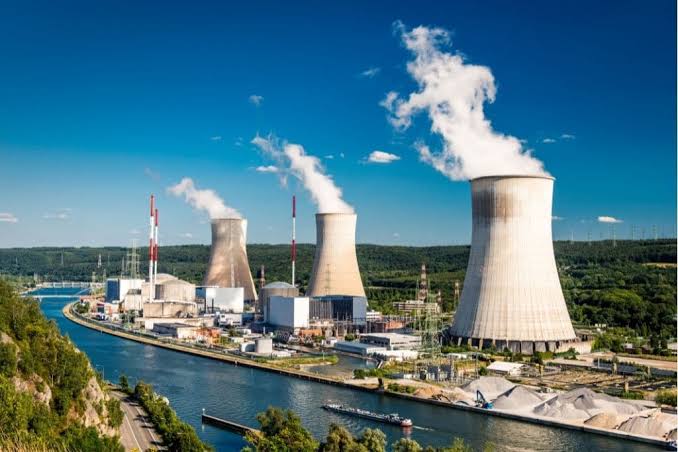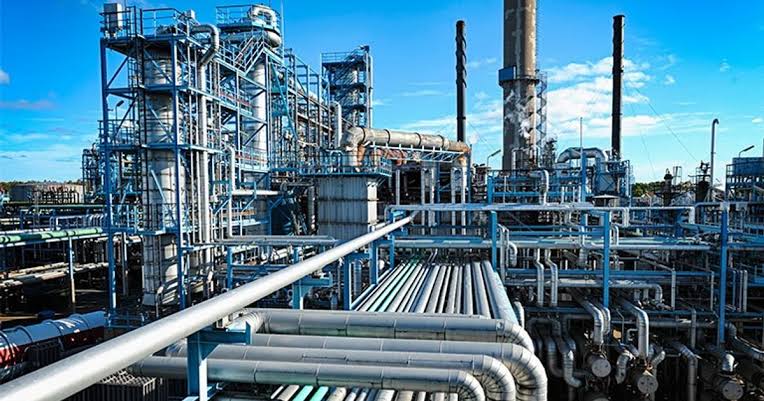
Faith Nyasuguta
Nigeria has hit a groundbreaking milestone in its energy journey as the Dangote Refinery, the largest single-train refinery in the world, takes Nigerian fuel far beyond Africa’s shores. In just 50 days – between June and July 2025 – the refinery exported about one million tons of Premium Motor Spirit (PMS), commonly known as petrol, signaling a major shift in regional and global fuel trade.
Africa’s richest man, Alhaji Aliko Dangote, broke the news at the recent Global Commodity Insights Conference on West African Refined Fuel Markets, co-hosted by the Nigerian Midstream and Downstream Petroleum Regulatory Authority (NMDPRA) and S&P Global Insights. Dangote told the audience, “Today, Nigeria has actually become a net exporter of refined products…From June beginning to date, we have exported about one million tonnes of PMS within the last 50 days.”
This milestone shows how fast the $19 billion, 650,000-barrel-per-day mega facility has shifted gears from meeting regional demand to taking on the wider global market. Just a year ago, its gasoline shipments were limited mainly to West Africa. Now, Dangote fuel is sailing as far as Asia, Europe, and the United States, rattling established fuel routes that have long defined global trade.
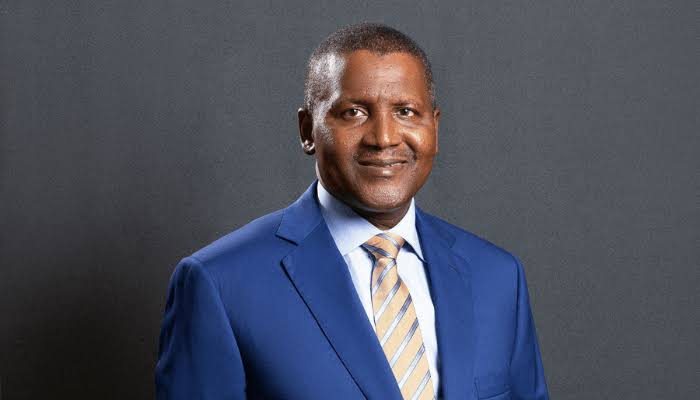
In June 2025, the refinery achieved its first direct petrol export to Asia, sending 90,000 metric tons of gasoline in a deal handled by commodity trading giant Mercuria. This came on the heels of an earlier shipment in April, when low-sulfur straight-run fuel oil was exported to Singapore – a deliberate move into Asia’s lucrative energy market.
But Dangote’s ambitions don’t stop with petrol. The refinery has already delivered two jet fuel consignments to Saudi Aramco, the world’s largest oil company, and supplied nearly 1.7 million barrels of jet fuel to the U.S. through six separate shipments. Such moves highlight Nigeria’s growing role not just as a crude oil exporter but as a competitive global supplier of refined products.
This new wave of exports is shaking old markets. For decades, Europe made an estimated $17 billion annually exporting gasoline to Africa. But as Nigeria and Africa at large become self-sufficient – and even surplus producers – Europe’s once-lucrative hold on African fuel supply is at risk. Earlier this year, the Organization of Petroleum Exporting Countries (OPEC) acknowledged that Dangote’s massive refining capacity was starting to disrupt Europe’s refined fuel dominance.
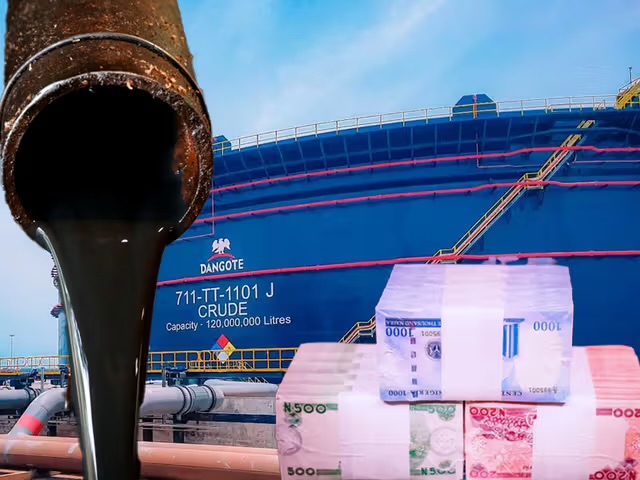
Even more telling, Dangote’s refinery now has more processing muscle than the ten biggest plants in Europe combined. With expansion plans aiming to lift capacity from 650,000 to 700,000 barrels per day, the refinery could soon overtake the world’s sixth-largest refinery.
On the supply side, Dangote’s push for self-sufficiency is equally significant. Devakumar Edwin, Vice President of Dangote Industries, shared that the refinery aims to rely solely on Nigerian crude by the end of 2025. As of June, 53% of its crude feedstock came from Nigerian producers, with the remaining 47% mostly sourced from the United States. Historically, it has tapped crude from Brazil, Angola, Ghana, and Equatorial Guinea, but the vision is clear – Nigeria wants its flagship refinery powered primarily by Nigerian oil.
This shift requires close coordination between local oil producers, the government, and the Dangote Group to ensure steady supply. If all goes to plan, Nigeria could save billions in foreign exchange, boost local crude demand, and strengthen its standing as a refined products powerhouse.
For Africa, the Dangote Refinery’s rise is more than just an industrial feat – it’s a bold step toward energy self-reliance and economic independence. For decades, the continent has mostly exported raw crude, only to buy back expensive refined products from Europe and beyond. Now, with world-class refining capacity at home, Africa can keep more value within its borders.
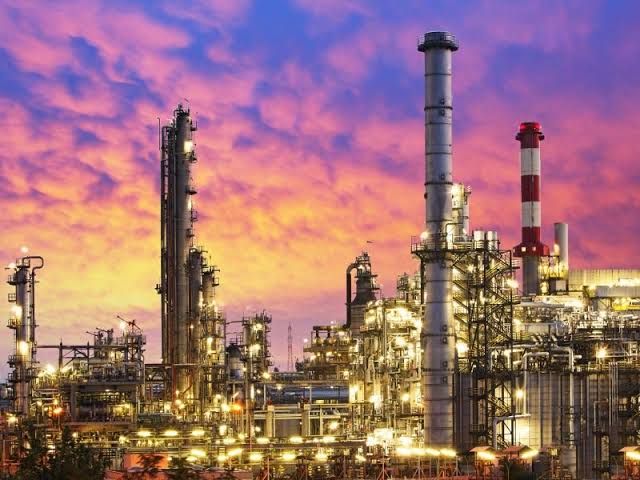
As more ships leave Lagos with cargoes bound for Asia, Europe, and the Americas, Dangote’s project is rewriting trade routes and changing old narratives. Nigeria, long known as a top crude oil exporter, is now on track to become a refined fuel exporter of global consequence.
This could mark the beginning of a new era where Africa is not merely a resource supplier but a major player in shaping global energy flows – an ambition Aliko Dangote has staked billions to achieve.
RELATED:







